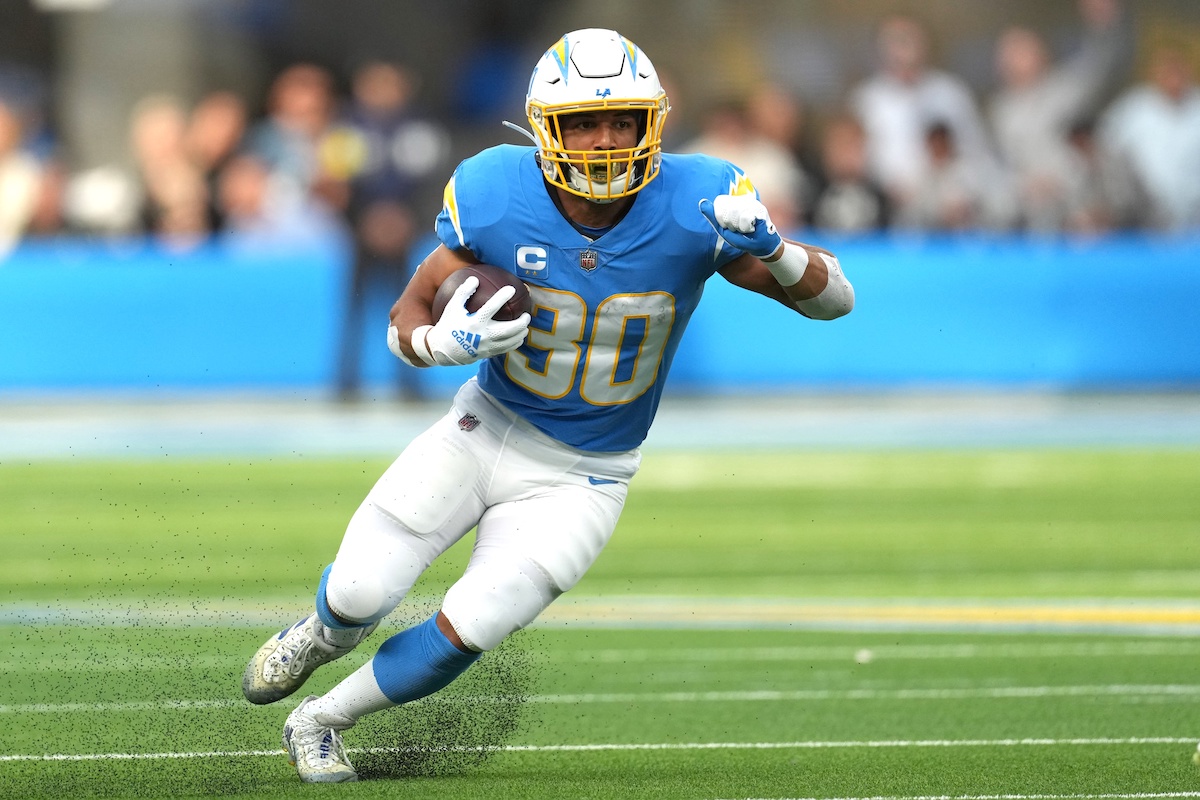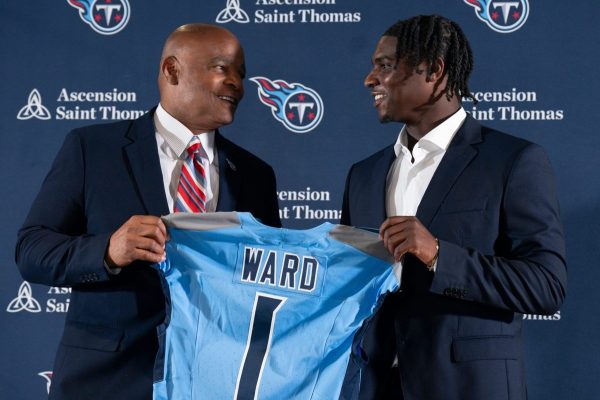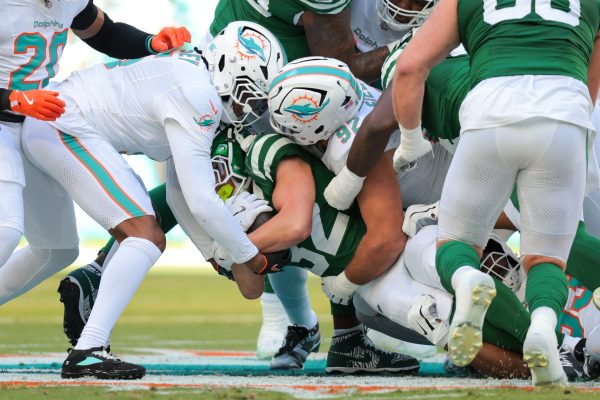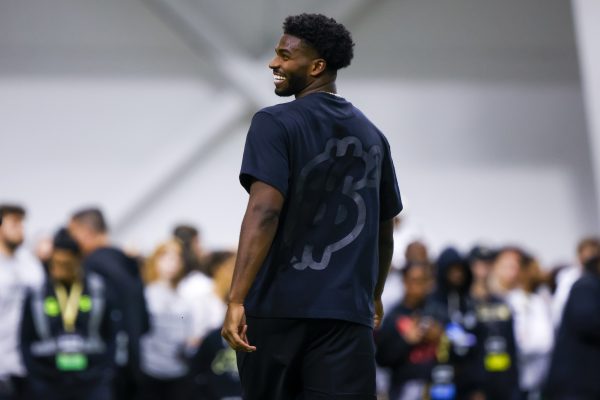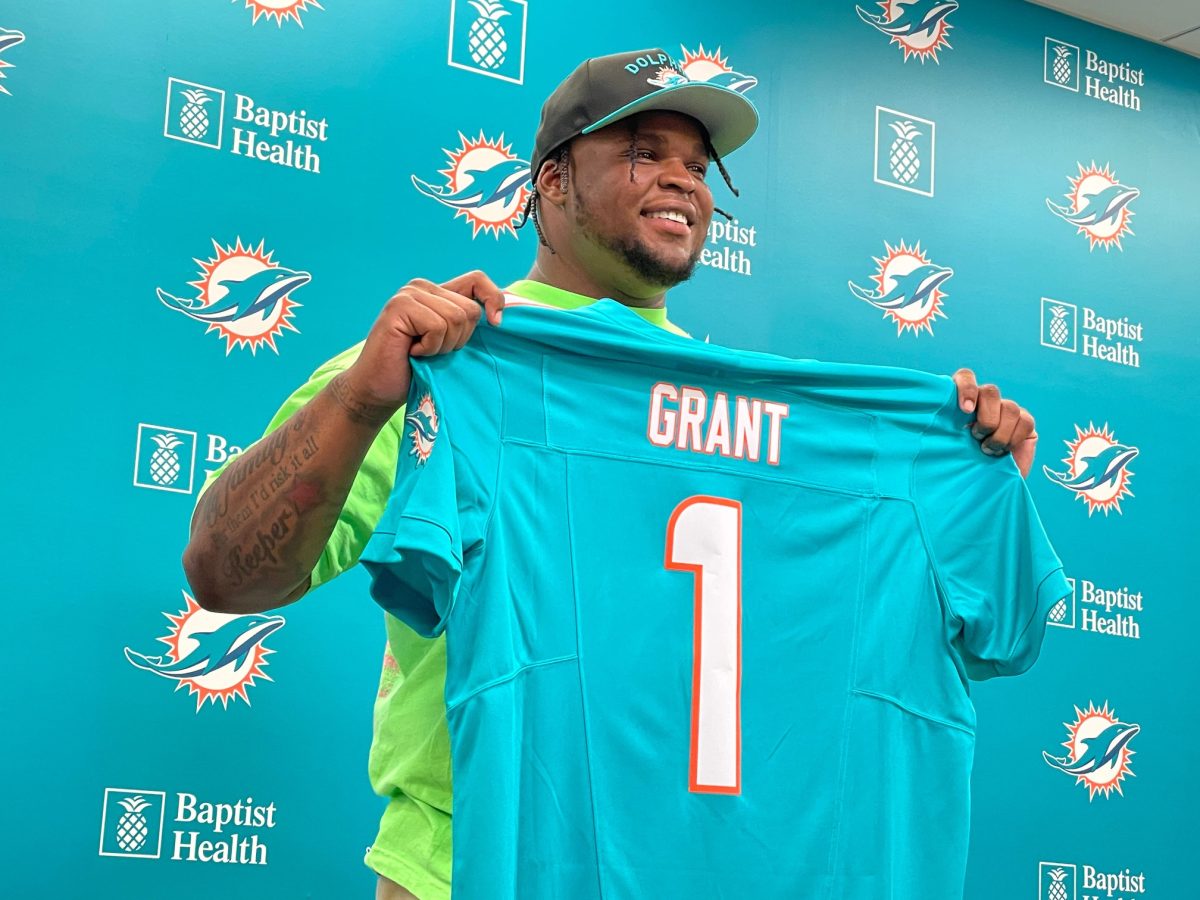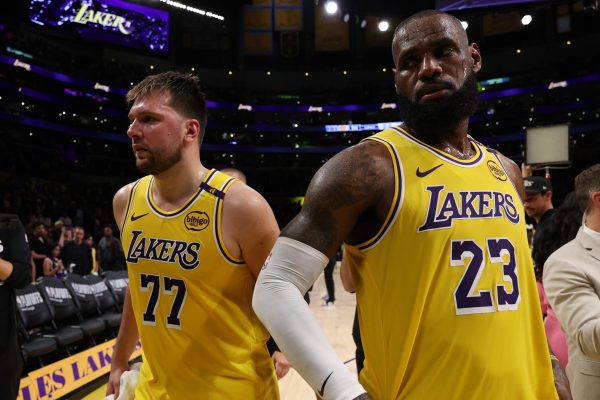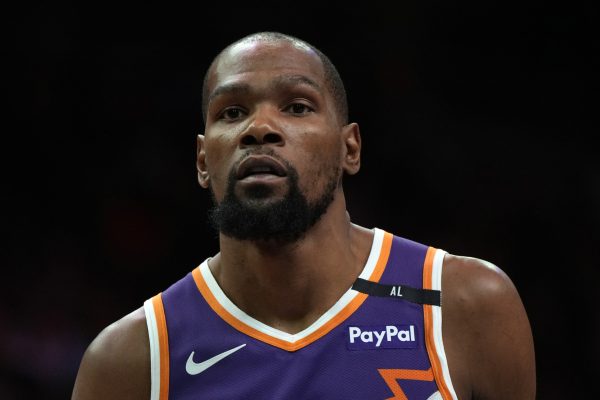The decline in interest among NFL teams when it comes to paying running backs big money is the subject of a meeting that’s being organized by Los Angeles Chargers running back Austin Ekeler.
Mike Florio of Pro Football Talk noted that the meeting is scheduled for Saturday night and will take place via Zoom.
“It started as a group text exchange on Monday,” wrote Florio. “Next, disgruntled NFL running backs will meet via Zoom to discuss their depressed market.
“Per multiple sources, the session is scheduled for Saturday night.
“Chargers running back Austin Ekeler has organized the meeting and distributed the Zoom link. All of the big-name running backs have been invited.”
The issue of quality running backs being ignored has been a concern during the offseason. Players such as Josh Jacobs, Saquon Barkley and Ekeler himself have been unable to come to an agreement on contract extensions with their teams.
In each of the three cases, the running backs’ past campaigns would seemingly make extensions a formality.
Jacobs is 25 and a two-time Pro Bowler who just had a career year, while Barkley is just 26 and has already rushed for over 1,000 yards three times.
For Ekeler, the snub is obviously personal, though he has yet to break the 1,000-yard threshold as a runner. However, he’s developed into a dangerous threat as both a runner and receiver.
In each of the past two campaigns, Ekeler has rushed for more than 900 yards and caught a career-high 107 receptions last season. The latter record surpassed his 92-catch effort during the 2019 season.
Some of the reasons for the drying up of the running back market that have been offered include salary cap concerns and the growing reliance on analytics in measuring value.
In the latter instance, a growing chorus of opinion among teams apparently believes that production among running backs is largely the same. While exceptions for elite runners are considered, that philosophy translates into a reluctance to invest a great deal of money in the department.
The NFL as a whole is swimming in cash, and teams continue to make healthy profits every year. Despite that basic fact, rewarding productive running backs doesn’t appear to be an economically viable option.
Exactly what the running backs that do take part in the meeting will say is uncertain. Some may choose to simply vent about their particular situations, while others may seek to offer a plan going forward, regardless of whether it gets taken into consideration by the league.

